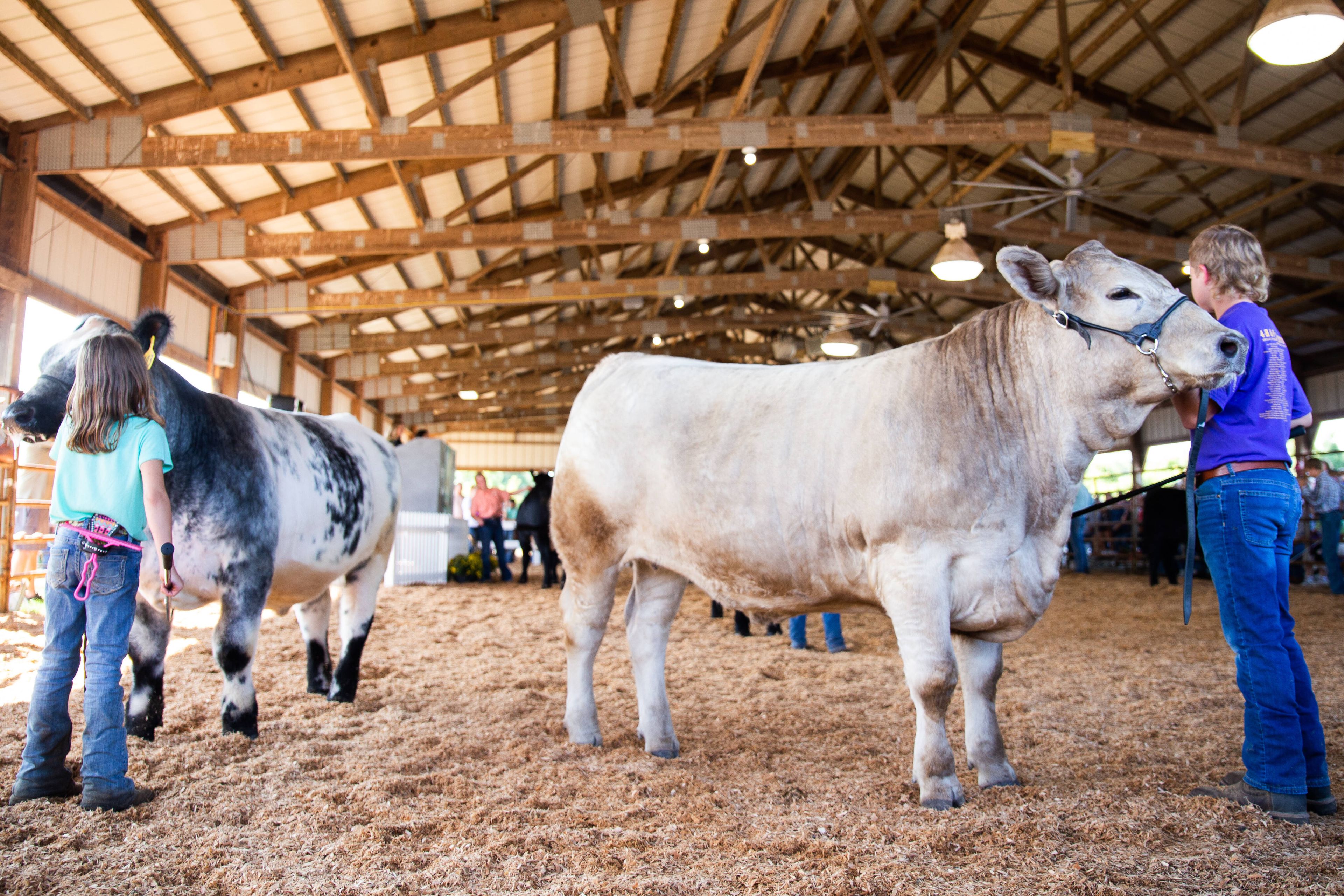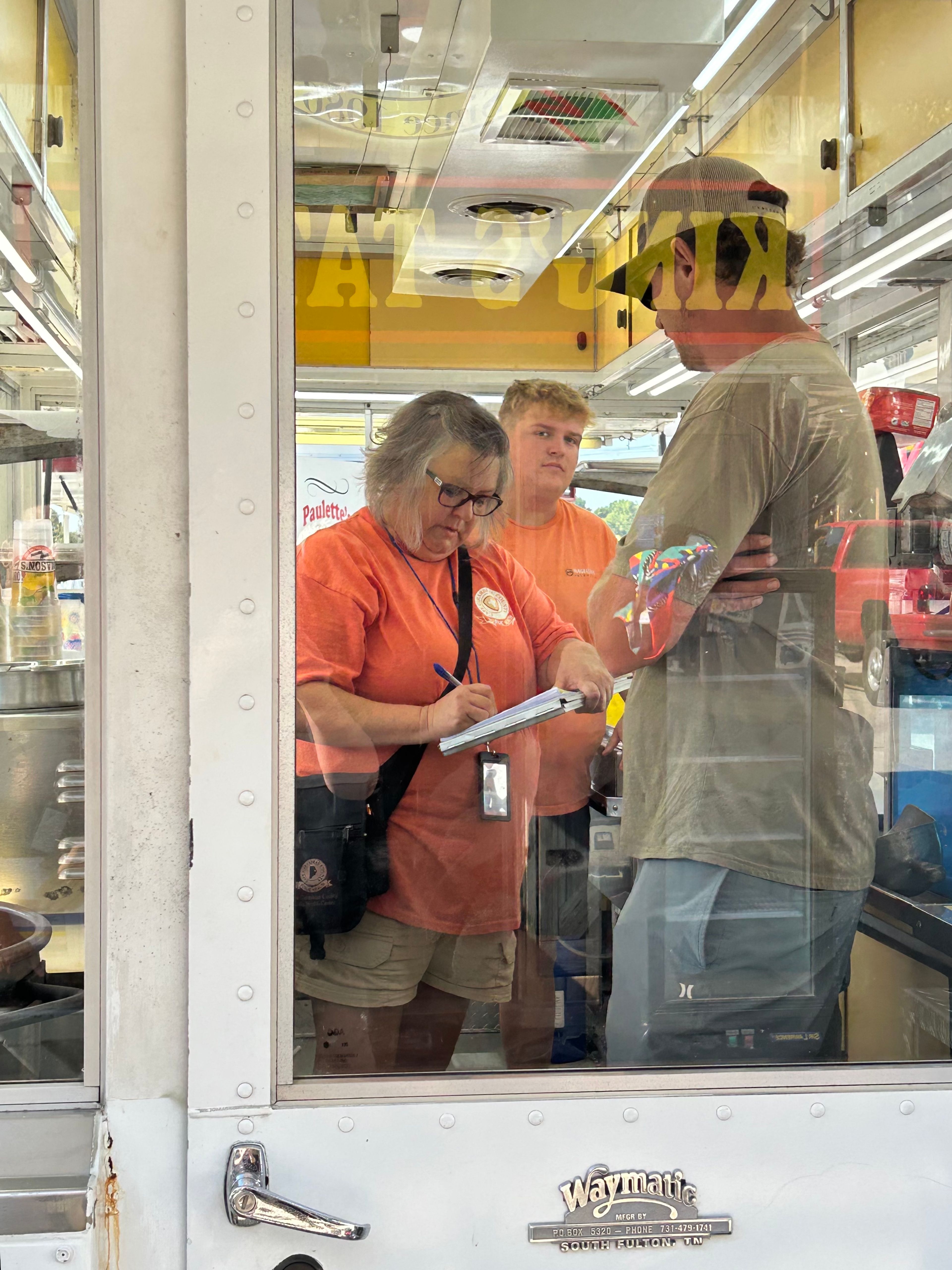The Centers for Disease Control and Prevention reports that H5 bird flu is spreading among birds worldwide, and causing outbreaks in poultry and U.S. dairy cows.
At least 13 people working on chicken and dairy farms in Colorado have contracted bird flu since April. There have been only 14 total human cases since 2022. The human cases are all mild, but experts are concerned about increased spread and other health effects if people are hit with the bird flu and seasonal flu simultaneously. So far, bird flu is passed from animals to humans but not from one person to another person.
Locally, Cape Girardeau County Public Health Center director Autumn Grim said she thinks people need to be aware of the issue, but risk is still very low, as it seems limited primarily to those who work with livestock. She said it’s possible Missouri might see some infected cattle and birds in the coming months. So far, as of July 11, 146 dairy cow herds in 12 states have confirmed cases of A(H5n1) virus infections, the CDC has reported.
Grim said there is “no reason to panic or raise alarm about risk for most individuals. Now, if you are a cattle or poultry worker, obviously, they would need to be a bit more concerned simply due to potential exposures.”
The CDC in recent updated guidance to prevent spread at agriculture fairs, stated “with agricultural and livestock fairs happening all around the country this summer and fall, the chances for people to be in close contact with pigs, poultry (e.g., chickens, turkeys, ducks, geese), and cattle increase.”
The CDC recommends anyone sick with flu-like illness should stay home to avoid spreading illness.
As it relates to fair exhibitors, the CDC recommends:
- Keeping pigs, poultry and cattle at the fair or exhibition for shorter periods of time;
- Keeping toys, pacificiers, cups, bottles, strollers or other similar items out of the animal areas;
- Refraining from eating or drinking near animals, and avoiding touching of the mouth or eyes while in animal areas;
- Washing hands with soap and running water after touching animals and equipment;
- Avoiding contact with animals that look or act ill;
- Cleaning and disinfecting all tack, feeders, waterers, equipment and show supplies before and after bringing them to the fair or show.
Mike Graham, a livestock specialist with the University of Missouri Extension, which assists with SEMO District Fair exhibits, said the Missouri Department of Agriculture has instituted expanded rules this year for exhibitors.
Graham said all sheep, beef and swine will need a certificate of veterinarian inspection, or CVI.
“So a veterinarian has to go out to the farm and inspect the animal before it shows, so it ensures the health of the animal,” Graham said.
He added that the requirement has always existed with sheep, but the requirements have been expanded to other animals.
The CDC recommends that fairs should develop a plan for exhibition animals that develop clinical signs consistent with influenza, including testing of the animals. The CDC has placed travel restrictions on lactating dairy cows, if they test positive for flu.
Grim, the Cape Girardeau County public health director, said if someone potentially has been exposed to a positive herd, the department can monitor the person for signs and symptoms and help limit spread by instructing them on appropriate precautions if they become symptomatic.
Free flu vaccines
The U.S. will pay for flu shots for farmworkers this year, The Associated Press reported, in an attempt to prevent the bird flu from changing into something more dangerous. Health officials are concerned that if someone gets both bird flu and seasonal flu at the same time, the viruses could mix and make bird flu spread more easily.
The CDC announced July 30 it will spend $5 million to buy seasonal flu shots for livestock workers. Seasonal flu shots do not protect against the bird flu, but they might reduce coinfections, the CDC’s Dr. Nirav Shah told the AP.
There are approximately 200,000 livestock workers in the U.S.









